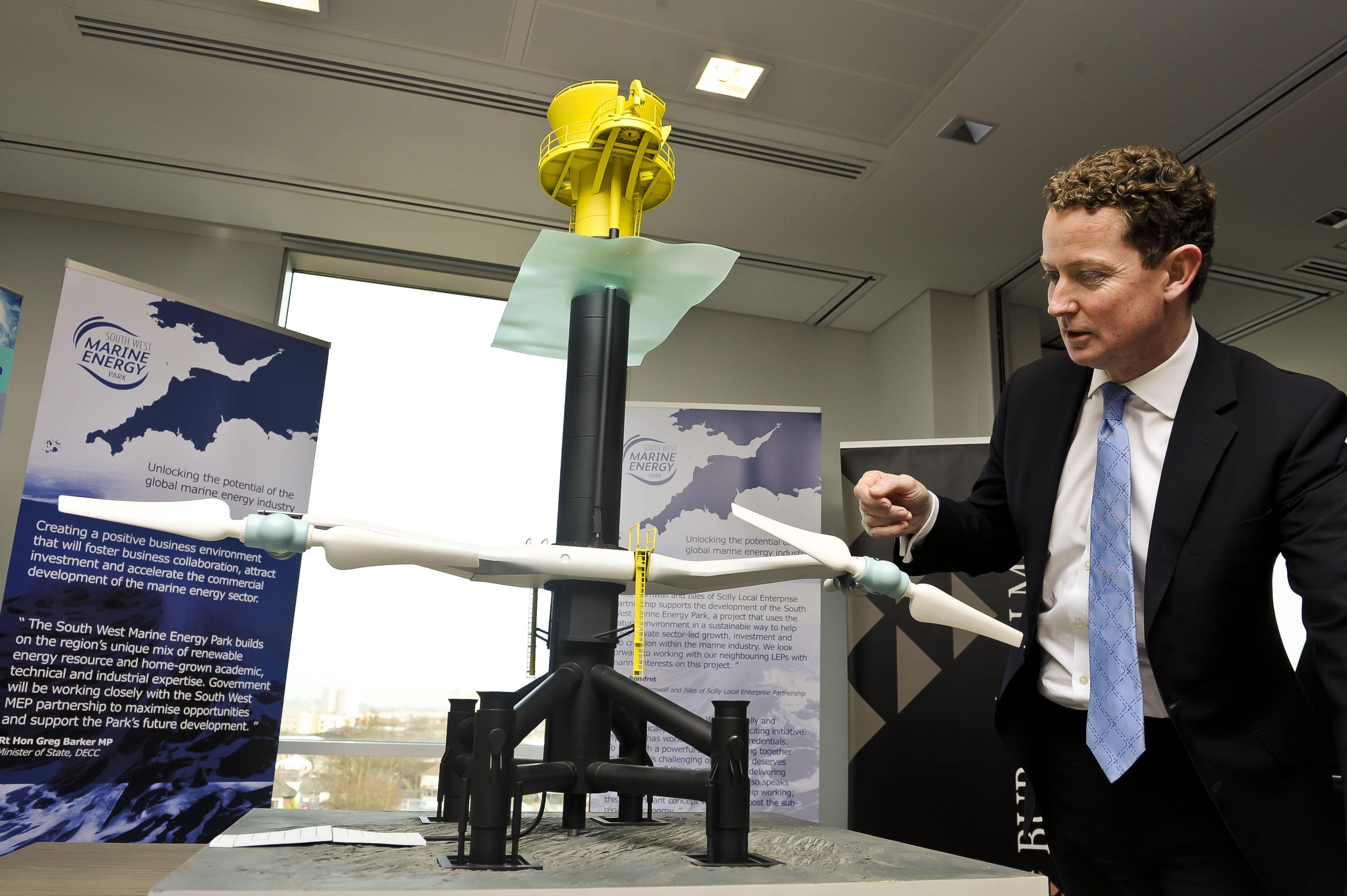Companies that do not go green ‘will become collateral damage of net zero’
Former energy minister Greg Barker said such firms could see their business models challenged.

Companies that are not able to ditch their fossil fuel habits do not have a future, a former energy minister has said.
Greg Barker, who is now the chairman of aluminium giant EN+, said companies that fall behind in the race to net zero would see their business models challenged.
“The idea that there won’t be any collateral damage in the economy is for the birds,” Lord Barker said on the sidelines of the Cop26 climate conference in Glasgow.
“If you are a high fossil fuel-dependent business with no real way of kicking that fossil fuel dependency, you don’t have a future.”
He said that polluters should be charged around 100 US dollars (£73) per tonne of carbon they emit in developed countries as part of a global price on carbon.
This would put pressure on businesses to slash their emissions.
“We need the World Bank the IMF (International Monetary Fund) and the WTO (World Trade Organisation) to come together to harmonise that. That doesn’t mean to say that they all have to be at the same price, you can differentiate between developed and developing economies.
“But there does need to be coordination, and it does need to be coherent.”
He suggested that while carbon prices would need to rise over the long term, Governments could cut import tariffs for green products much faster to a similar effect.
“What we could do now is zero-rate all green goods and services. Very few trade wars are started because people reduce their tariff walls.
“Whereas putting up something like the carbon border adjustment mechanism, or a new set of green tariffs requires primary legislation, which can often be controversial and get hijacked in parliaments or in the European Union.
“Invariably, just zero rating or suspending individual tariffs is something that governments or the Commission can do.
“And it’s pretty easy to do, pending a broader rearrangement of the architecture around green trade.”
Subscribe to Independent Premium to bookmark this article
Want to bookmark your favourite articles and stories to read or reference later? Start your Independent Premium subscription today.
